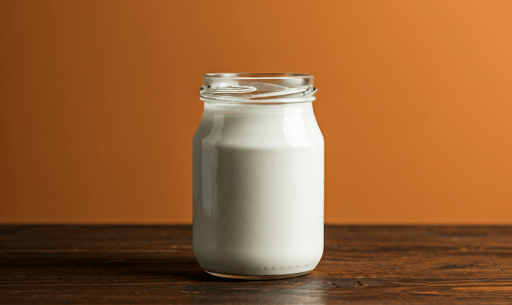Redefining Casein Production: Know the Innovation by Standing Ovation
SUSTAINABILITYALTERNATIVE PROTEINSDAIRY & ALTERNATIVES


The growing demand for plant-based alternatives to conventional dairy has spurred a wave of innovation. However, replicating the sensory and nutritional qualities of traditional dairy products remains a significant challenge. Startups like Standing Ovation are addressing these gaps with technologies that offer sustainable and scalable solutions for producing dairy-like proteins. Their recent patent application introduces a novel method to produce and purify caseins—milk proteins critical for cheese substitutes—using fermentation.
The Case for Dairy Alternatives
Plant-based dairy alternatives have made considerable strides, but replicating the taste, texture, and nutritional profile of traditional dairy remains an ongoing challenge. Existing alternatives like almond, soy, or oat milk often fall short in mimicking the rich creaminess and nutritional balance of dairy, particularly in cheese. There is an unmet need for substitutes that are:
Free from undesirable compounds.
Close to traditional dairy in taste, texture, and appearance.
Nutritionally comparable or superior to dairy.
Caseins, the primary proteins in milk, play a key role in delivering these characteristics in cheese. Traditional casein production relies on animal-derived milk, but Standing Ovation's innovation bypasses this, using microbial fermentation to produce recombinant caseins.
The Power of Fermentation
Fermentation is an established method for producing high-value compounds, including proteins, by leveraging microorganisms like bacteria or fungi. In this approach, microbes are genetically modified to produce specific proteins, such as caseins. The patent highlights several key features:
Microbial Transformation: Microorganisms, such as bacteria, are transformed with nucleic acids encoding caseins (e.g., alpha-S1, alpha-S2, beta, or kappa caseins).
Nutrient Sources: Fermentation is carried out using glucose, sucrose, or lactose as carbon sources and nitrogen sources like ammonia, urea, or yeast extract.
Recovery Process: Post-fermentation, the proteins are isolated and purified to food-grade quality, making them suitable for industrial applications.
Heating Process for Energy-Efficient Casein Recovery
One of the most significant advancements in Standing Ovation's patent is the development of a more energy-efficient method for recovering caseins. Traditional methods involve prolonged heating of the fermentation broth, which is both energy-intensive and time-consuming.
Standing Ovation's Solution:
Instead of heating the entire fermentation broth for long durations (e.g., 30-120 minutes), the patent proposes flow-heating. The composition flows through a heated pipe, where it is rapidly heated to temperatures above 95°C for less than 5 minutes—often under 2 minutes.
This process reduces energy consumption, minimizes thermal damage to proteins, and accelerates production, making it scalable for industrial use.
Key Features of the Process
Casein Solubilization: The process involves solubilizing caseins from a mixture of soluble and insoluble fractions. By maintaining the pH between 6.5 and 9, casein recovery is optimized.
Flow-Heating Technology: Heating occurs as the liquid moves through a pipe, enabling rapid and controlled temperature application.
Enrichment: The recovered soluble fraction is enriched in caseins, achieving high purity (over 65% of total proteins).
Optional Purification: Additional steps like activated charcoal treatment, membrane filtration, or acidic precipitation further enhance casein purity.
Applications and Impact
The recovered caseins are used to create a Liquid Pre-Curd Composition (LpCC), which is the foundation for cheese substitutes. This composition is combined with other ingredients—water, calcium, lipids, and carbohydrates—and undergoes curdling to form plant-based cheese with qualities similar to traditional cheese. The benefits of this innovation includes:
Sustainability: By eliminating the need for animal-derived milk, this process significantly reduces environmental impact.
Cost-Effectiveness: The energy-efficient heating and scalable process lower production costs.
Versatility: The method can be tailored to produce specific caseins or blends, enabling the creation of a wide range of cheese substitutes, from soft to semi-hard varieties.
By combining microbial fermentation with innovative recovery techniques, the company offers a solution that balances sustainability, efficiency, and product quality. As the demand for sustainable food continues to grow, innovations like this pave the way for a future where plant-based dairy products not only match but exceed the qualities of their traditional counterparts.
